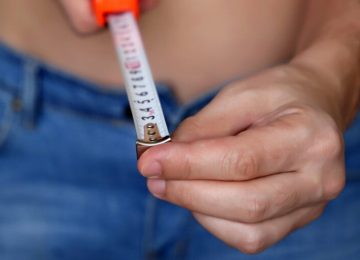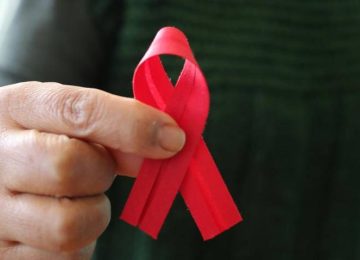“To love way too much does not mean to love too many men/women, nor to fall in love too often, nor to feel a genuine deep love for another being. It means becoming obsessed with a person and calling that obsession love, allowing it to control our emotions and our behavior, and even though we understand that it has a negative influence on our health and well-being, we feel unable to free ourselves from it. It means measuring our love by the depth of our torment,” says the author of the book ‘Women Who Love Too Much’.
Robin Norwood is an American family therapist who discovered this phenomenon; loving too much in alcoholic and drug addicts partners (co-addicts) but, unlike her patients, it was their women who always came from dysfunctional families and thus revived aspects of their childhood.
This book reveals the causes and consequences of loving too much. These are true love stories, but of a sickly, addictive and obsessive love, that implies things such as sex dependency, enduring infidelity, believing oneself responsible for a person’s care or for participating in one’s partner’s addiction.
The #sinrecato question is: Are you loving too much? and although the author wrote the book thinking about women, she states that there are also men who love too much.
“When being in love means suffering, we are loving too much”, this phrase summarizes the book. The author explains that from this statement is how patients realize that something is not working, and makes them reflect that their relationship is not healthy and they need professional help.
The therapist explains that acknowledging the problem is a start, but it is necessary to move forward and do everything possible to avoid falling into this new vice: Savior vs. Saved.
According to the author: “They live so obsessed with their relationship that they can barely function as people. In spite of all the suffering and dissatisfaction it brings, loving too much is such a common experience for many people that they are almost convinced this is how relationships should be. Most women have loved too much at least once in their lives”.
Norwood states a series of signs that confirm whether you are loving too much or not, although the approach is for unhealthy relationships, it is a guide for evaluating healthy relationships too:
- Believing that being in love means suffering.
- Trying to be your partner’s therapist.
- Justifying their bad moods, indifference and slights.
- When the relationship harms your emotional well-being and even your health and physical integrity.
“The obsession with a partner is based on fear and not love, fear of being alone, fear of not being worthy or inspiring love, fear of being ignored, abandoned or destroyed. Love is given with the desperate illusion that the couple will take care of our fears, and these fears become the driving force in our lives,” Norwood says.
Typical characteristics of women who love too much:
- They come from a dysfunctional home that did not meet their emotional needs.
- Because she fails to turn her parent(s) into the loving beings she craves, she is emotionally attracted to people who are inaccessible to her and who she tries to change through her love.
- She fears abandonment and does anything to prevent a relationship from ending.
- She assumes responsibility, guilt and blame in her relationships.
- Her self-esteem is low, and deep down she does not believe she deserves happiness.
- She is likely predisposed, emotionally and often biochemically, to become addicted to drugs, alcohol and/or certain foods, particularly sweets.
- It is likely that she has a tendency to depressive episodes, which she tries to prevent through the excitement that an unstable relationship provides.
- She is not attracted to people who are kind, stable, reliable and interested in detail. Those nice people seem boring to her.
This book, like others on self-improvement, has a list of steps to take to improve behaviors and attitudes. If you decide to follow them, don’t do it alone, seek professional help. Although solutions are not magically obtained, it is possible to change a pattern of loving too much.
Human beings have experiences that confront them with life and always leave a lesson. A person must take control of their life and learn that, in order to give and receive love, they must first love themself.
Traducción del español: Catalina Oviedo Brugés.
















